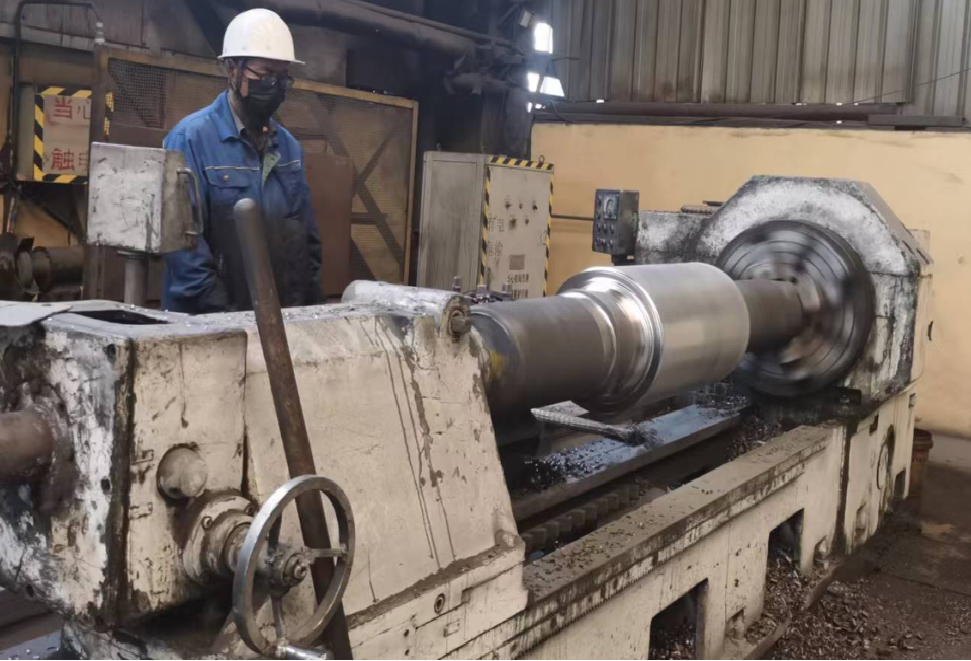Work rolls are critical components in a variety of industrial processes, including metal rolling, papermaking and plastics processing. There are different types of these rollers, including hot rolls, cold rolls, andtechnology is crucial to optimizing production efficiency and ensuring the quality of the final product.
Thermal rollers are designed to withstand high temperatures and are used in processes such as metal rolling and plastic extrusion. The rollers must be able to withstand the heat generated during these processes without deforming or losing their structural integrity. They play a vital role in shaping and shaping materials at high temperatures, making them indispensable in a variety of industrial applications.
Cold rolls, on the other hand, are used in processes that require materials to be processed at lower temperatures. These rollers are designed to maintain their strength and durability in cold conditions, allowing materials to be accurately formed and finished without the risk of deformation. Cold rolls are commonly used in metal forming processes where precision and accuracy are critical to achieving the required product quality.
 , each serving a specific purpose in the manufacturing process. Mastering work roll
, each serving a specific purpose in the manufacturing process. Mastering work roll
In addition to hot and cold rollers, support rollers provide important support and stability to the post-processing process. These rollers are responsible for maintaining the alignment and balance of the work rolls, ensuring smooth and consistent material processing. Without the proper backup rolls, the work rolls can suffer from excessive wear, resulting in reduced efficiency and possibly compromising the quality of the final product.
To master the art of work rolls, manufacturers must invest in high-quality materials and precision engineering to ensure the durability and effectiveness of these critical components. Regular maintenance and inspection of work rolls is also critical to identifying and solving any problems that may arise during production.
In summary, work rolls, including hot rolls, cold rolls and support rolls, are indispensable in various industrial processes. Understanding the different types of work rolls and their specific roles is key to optimizing production efficiency and ensuring final product quality. With the right expertise and attention to detail, manufacturers can master work roll technology and take their manufacturing capabilities to new heights.
Post time: Feb-22-2024